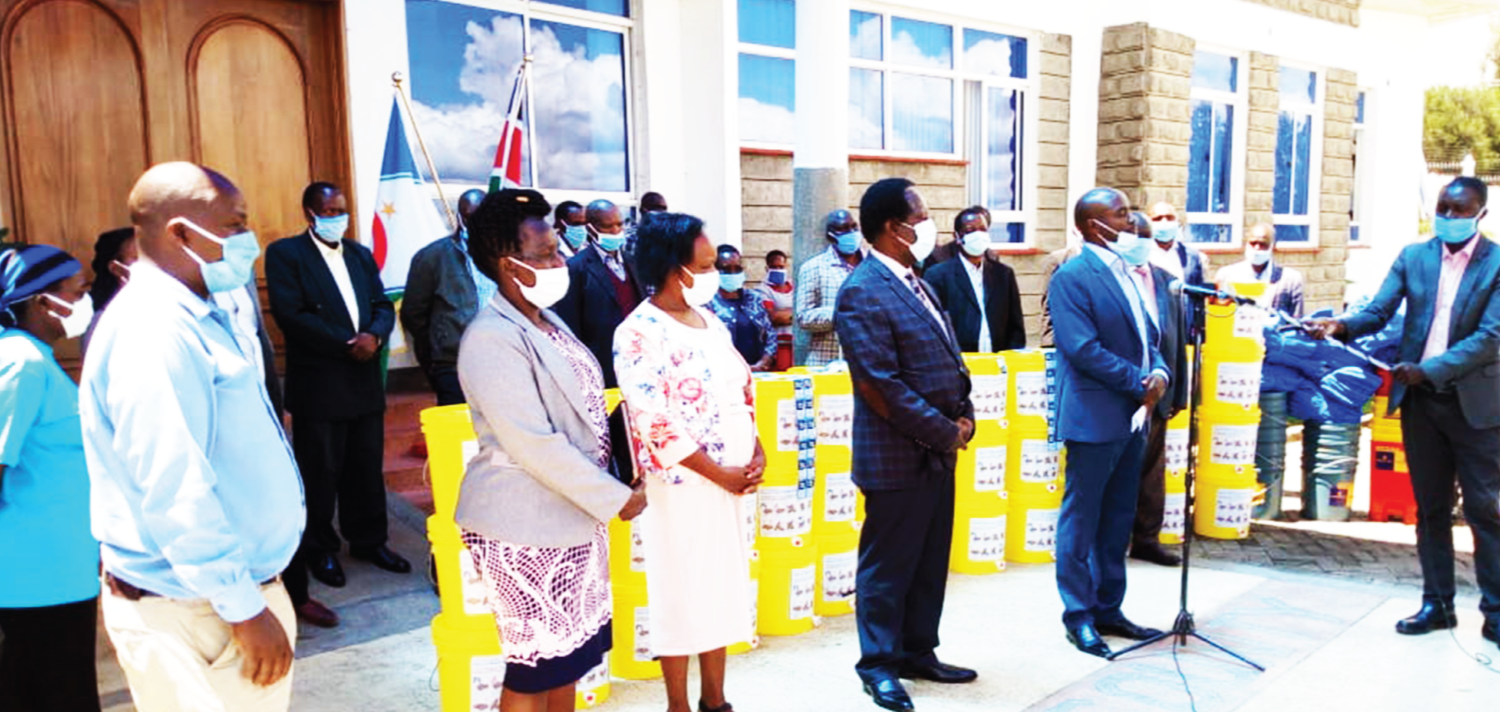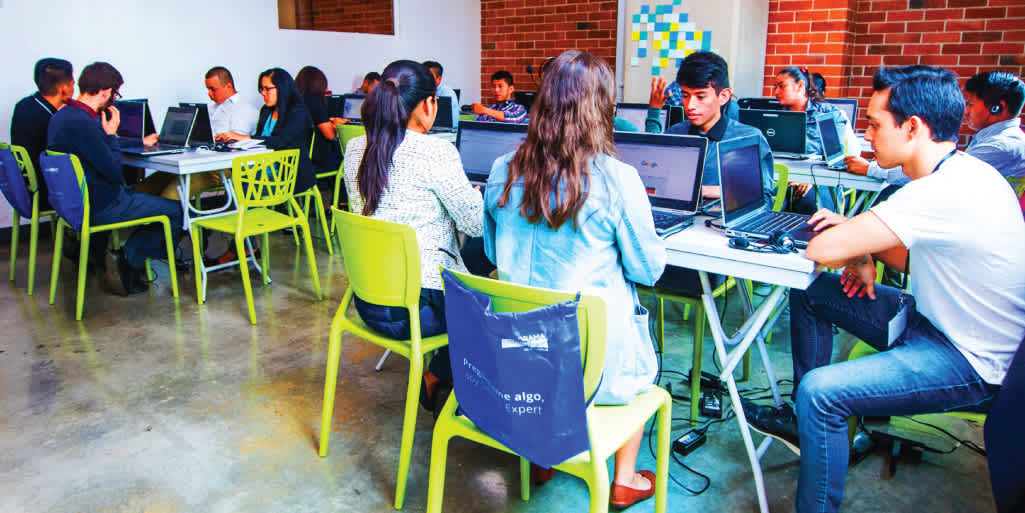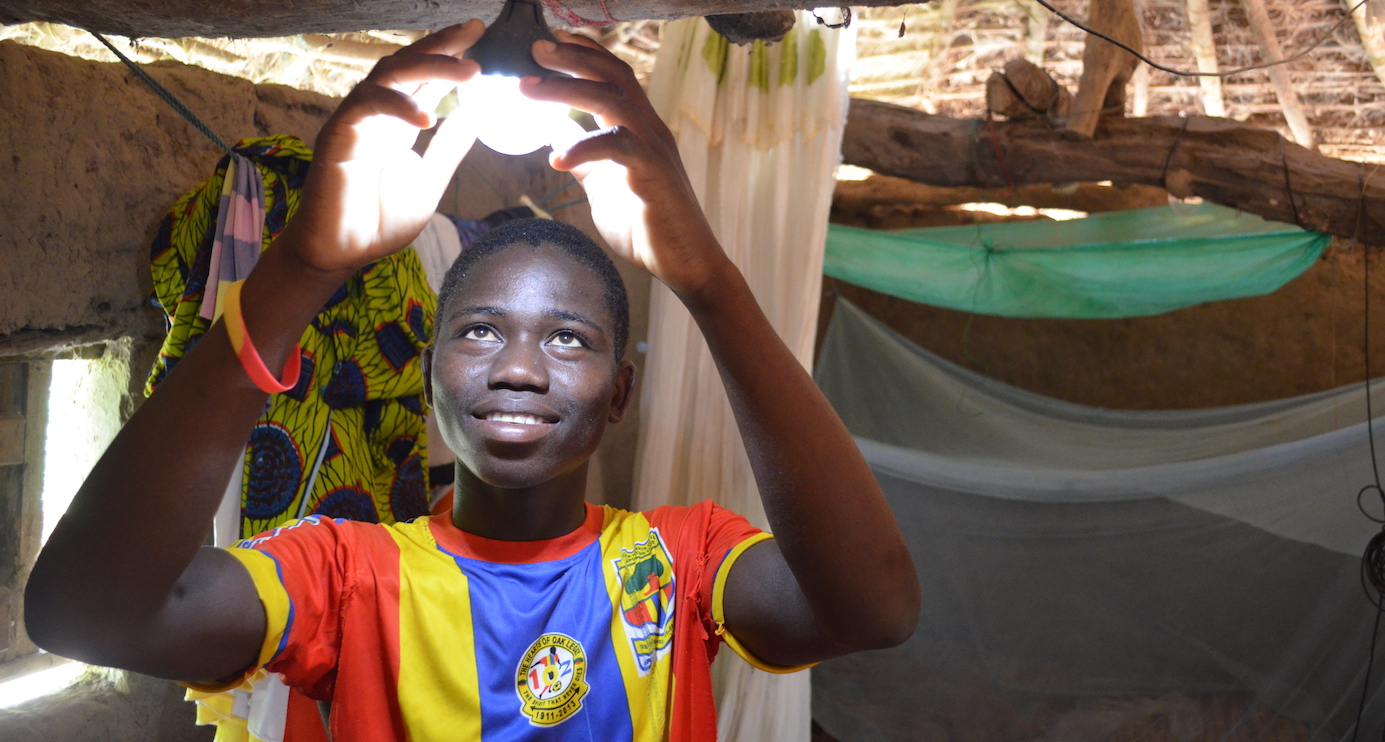Redefine Success
Scaling impact: How one social enterprise started by listening
Over 2,200 farmers and consumers across ten counties have seen advancements in nutrition and employment since launch of dairy initiative
August 02, 2020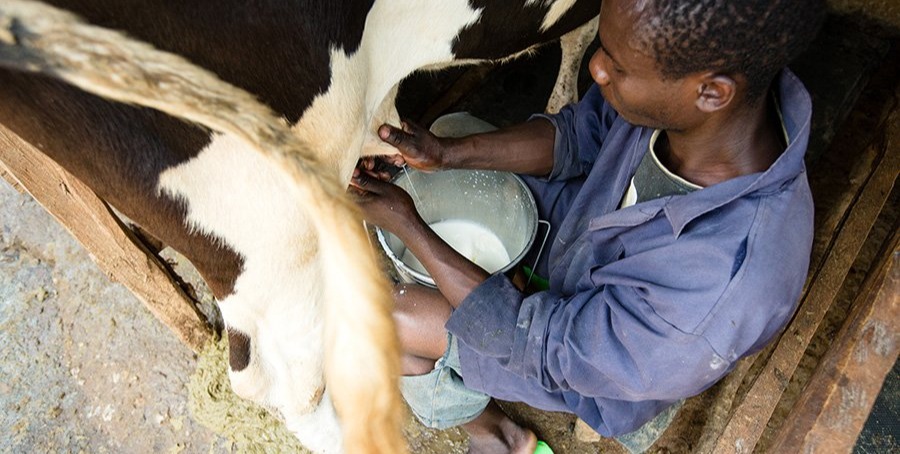
Today, we’re exchanging more words, knowledge, and opinions than ever before. But how many of us are actually listening?
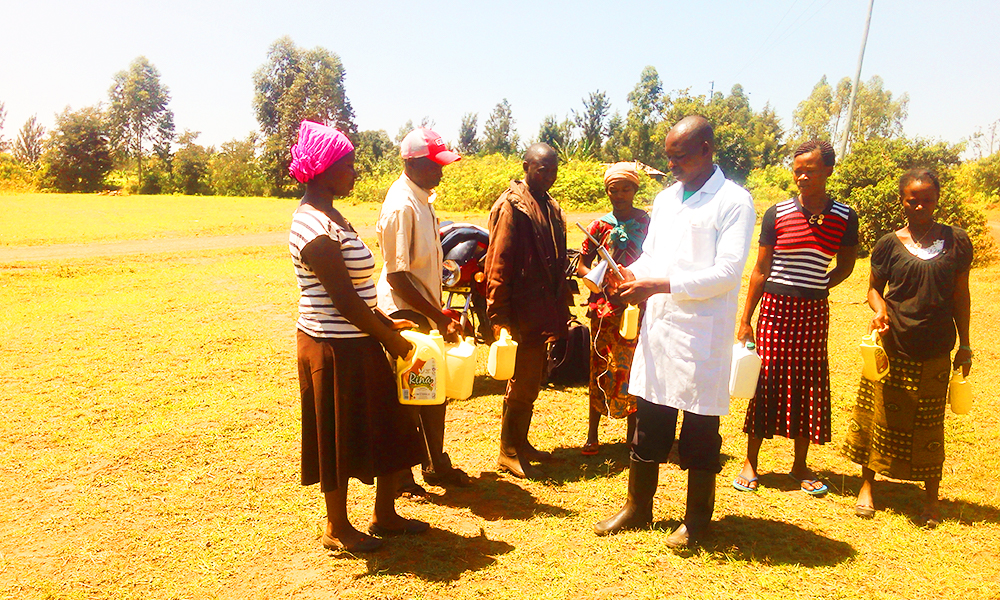
Through the Accelerator program, we discovered we can have a long-term plan to acquire company vehicles that shall eventually cut the distribution cost and allow us to sell to customers along routes to the major outlets. By doing this we shall grow our customer base, propelling the revenue growth.
Esther Kihenjo, Finance Manager at NSE
Sifting through customer feedback, the team also identified a gap they hadn’t noticed before. It was nearly impossible for community members to access fermented products like yogurt — an affordable source of essential nutrients. With knowledge in hand, Nuru was confident that now was the perfect time to introduce their new lala (yogurt) product to the market, but at what price?
“We had a brilliant IKEA coach who taught us how to look at the price vs. the volume we were producing. We found out that we could increase the volume of products sold through the route to market sales strategy while implementing a price mix of the product across different market segments and replicate the same approach in other new regions," said Tom.
